Advancing Methods in Data Science
Speakers and abstracts for the advancing methods in data science session
Speakers will describe interesting methodologies for various applications of data science

Farhad Pourkamali
Speaker Affiliation: Assistant Professor, Department of Mathematical and Statistical Sciences, CU Denver
Title: Data-Centric and Adaptive Machine Learning
Abstract: The rapid evolution of data science is creating tremendous opportunities to design automated systems and assist in decision-making. However, there is a distinct lack of trust in deploying machine learning algorithms in mission-critical applications with stringent standards regarding reliability and efficiency. A critical shortcoming of existing techniques stems from exploring data collection and predictive modeling separately, raising a fundamental question: “how to assure data quality and adequacy for quantifying confidence in a model’s prediction?” This talk briefly discusses a new framework for sample-efficient model training from both computational and statistical standpoints. We particularly introduce an efficient compression technique to select the most valuable samples to spend our budget wisely and discuss how to remove the bias introduced by focusing on a subset of informative samples rather than the entire data set.
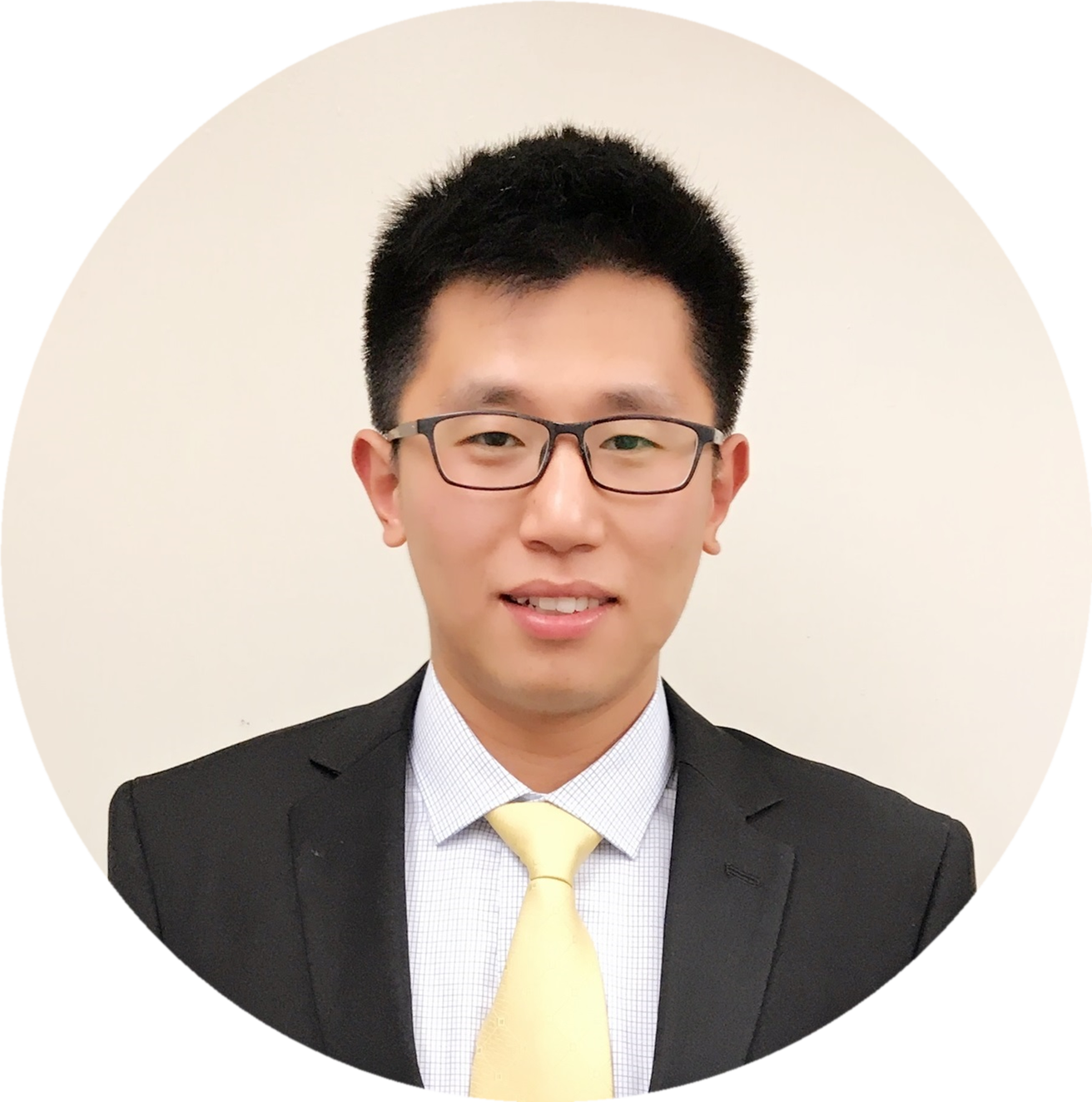
Zhengxiong Li
Speaker Affiliation: Assistant Professor, Department of Computer Science and Engineering, CU Denver
Title: Towards the Security and Privacy in Mobile Data
Abstract: Forthcoming
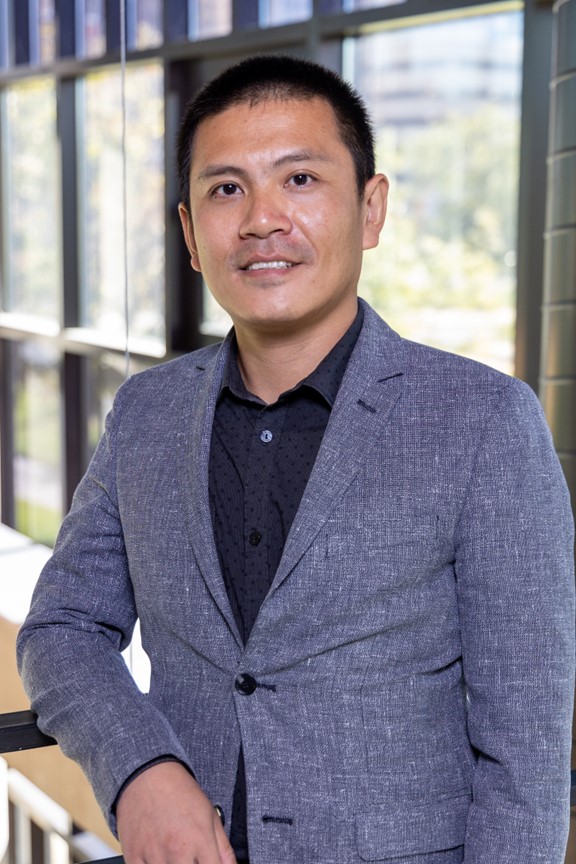
Liang He
Speaker Affiliation: Assistant Professor, Department of Computer Science and Engineering, CU Denver
Title: A Cyber-Physical Approach to Diagnose Vehicles Using Automotive Batteries
Abstract: The automotive industry is increasingly employing software-based solutions to provide value-added features on vehicles, especially with the coming era of electric vehicles and autonomous driving. The ever-increasing cyber components of vehicles (i.e., computation, communication, and control), however, incur new risks of anomalies, as demonstrated by the millions of vehicles recalled by different manufacturers. To mitigate these risks, we design B-Diag, a battery-based diagnostics system that guards vehicles against anomalies with a cyber-physical approach, providing vehicles an additional layer of protection. B-Diag is inspired by the fact that the automotive battery operates in strong dependency with many physical components of the vehicle, which is observable as correlations between battery voltage and the vehicle’s corresponding operational parameters, e.g., a faster revolution-per-minute (RPM) of the engine, in general, leads to a higher battery voltage. B-Diag exploits such physically-induced correlations to diagnose vehicles by cross-validating the vehicle information with battery voltage, based on a set of data-driven norm models constructed online.
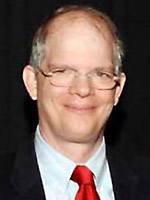
Tony Cox
Speaker Affiliation: Associate Professor, Business Analytics, CU Denver
Title: Automating Common-Sense Causal Inferences
Abstract: Hot weather can cause increased ice cream consumption but increased ice cream consumption cannot cause hot weather. Such common-sense truths are obvious to people but surprisingly hard for current artificial intelligence and machine learning (AI/ML) systems to acquire accurately at scale from data. Yet such common-sense knowledge of causal drivers of business outcomes is often crucial for accurate prediction and effective business decision-making. This talk describes recent progress in automating the acquisition of wide and deep common-sense causal knowledge using a combination of natural language and quantitative analytics methods. The success of the approach is shown via a question-answering system developed via a BANA independent study project.
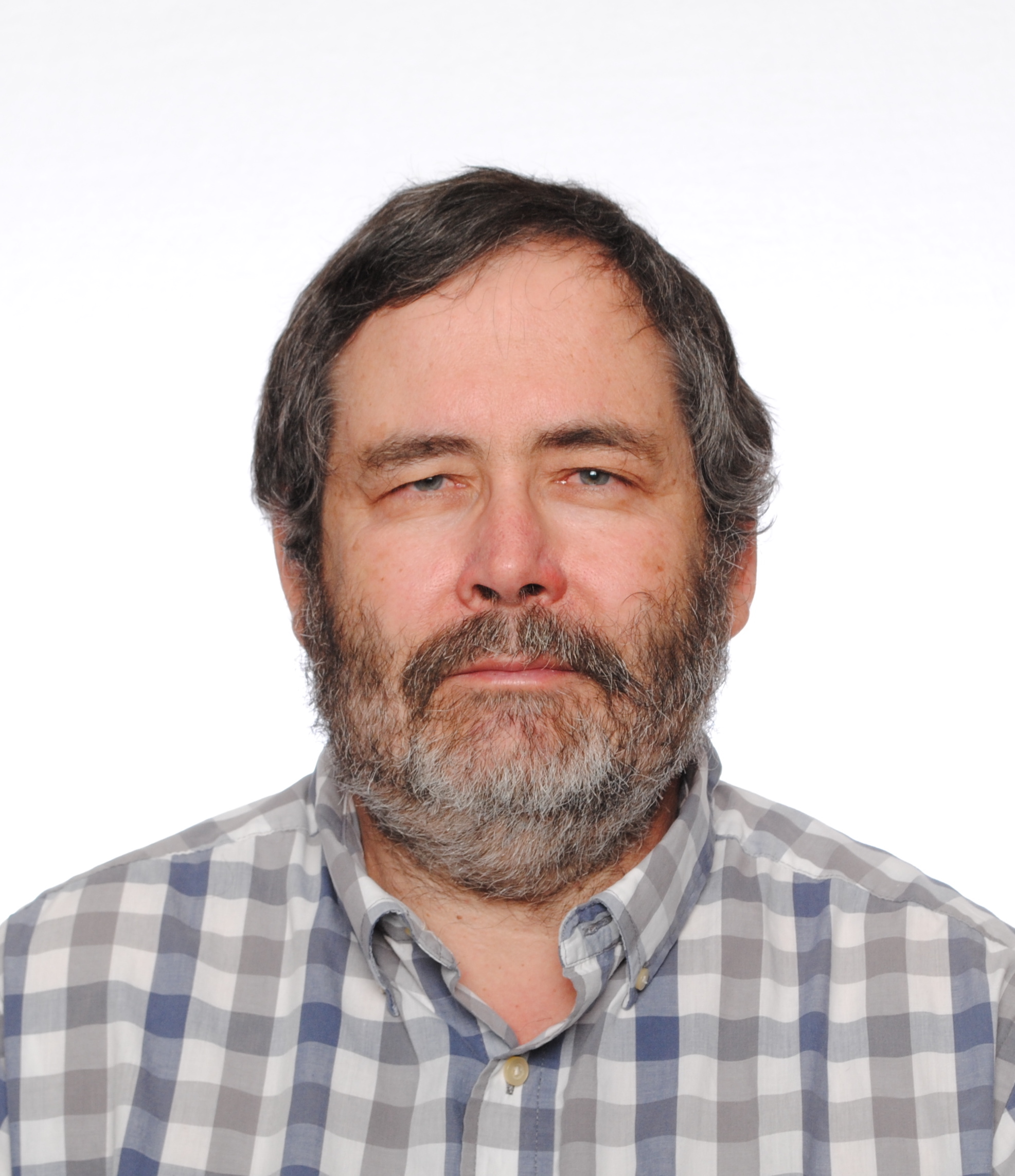
Jan Mandel
Speaker Affiliation: Professor, Director of the Center for Computational Mathematics (CCM), Department of Mathematical and Statistical Sciences, CU Denver
Title: From Kalman Filters to Recurrent Neural Networks
Abstract: This talk is concerned with improvements of a fuel moisture model integrated with the coupled atmosphere-fire model WRF-SFIRE for forecasting the progress of wildfires. Fuel moisture has fundamental influence on wildfires. The moisture contents in fuel (dry wood) changes with atmospheric conditions, and it can be modeled by a simple differential equation in time. The solution can be further improved by periodically assimilating data from moisture sensors using the Kalman filter. A more sophisticated differential equation model can increase the accuracy, but how sophisticated do we want to get? Instead, we replace the differential equation and the Kalman filter by a neural network to build a time-dependent model on a location from data, which propagates the state and the uncertainty in time.
Authors:Jan Mandel, University of Colorado Denver
Angel Farguell, San Jose State University
James Haley, University of Colorado Denver
Kyle Hilburn, Colorado State University
Adam Kochanski, San Jose State University
Derek Mallia, University of Utah
Supported partially by NASA grant 80NSSC19K1091
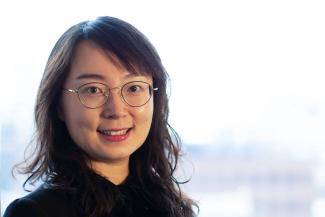
Yu Du
Speaker Affiliation: Assistant Professor, Business Analytics, CU Denver
Title: New Advances for Combinatorial Optimization Related to Quantum Computing
Abstract: The QUBO model has become highlighted as an effective alternative method for representing and solving a wide variety of combinatorial optimization problems. Additional momentum has resulted from the arrival of quantum computers and their ability to solve the Ising Spin Glass problem, another form of the QUBO model.
We highlight new advances in solving QUBO models and extensions as important alternatives to traditional approaches. Computational experience is provided that compares the performance of special metaheuristic solvers for QUBO with the performance of CPLEX and the Dwave solvers. Extensive results, including experiments for a new set of large set partitioning problems representing the largest QUBO models to be reported in the literature to date, disclose that our solvers outperform both CPLEX and Dwave by a wide margin in terms of both computational time and solution quality. With these advances, we are now able to solve important optimization problems far more effectively than previously envisioned.
Authors:
Yu Du, Business Analytics, CU Denver
Fred Glover, Professor Emeritus, Leeds School of Business, University of Colorado Boulder
Gary Kochenberger, Professor Emeritus, Business Analytics, CU Denver